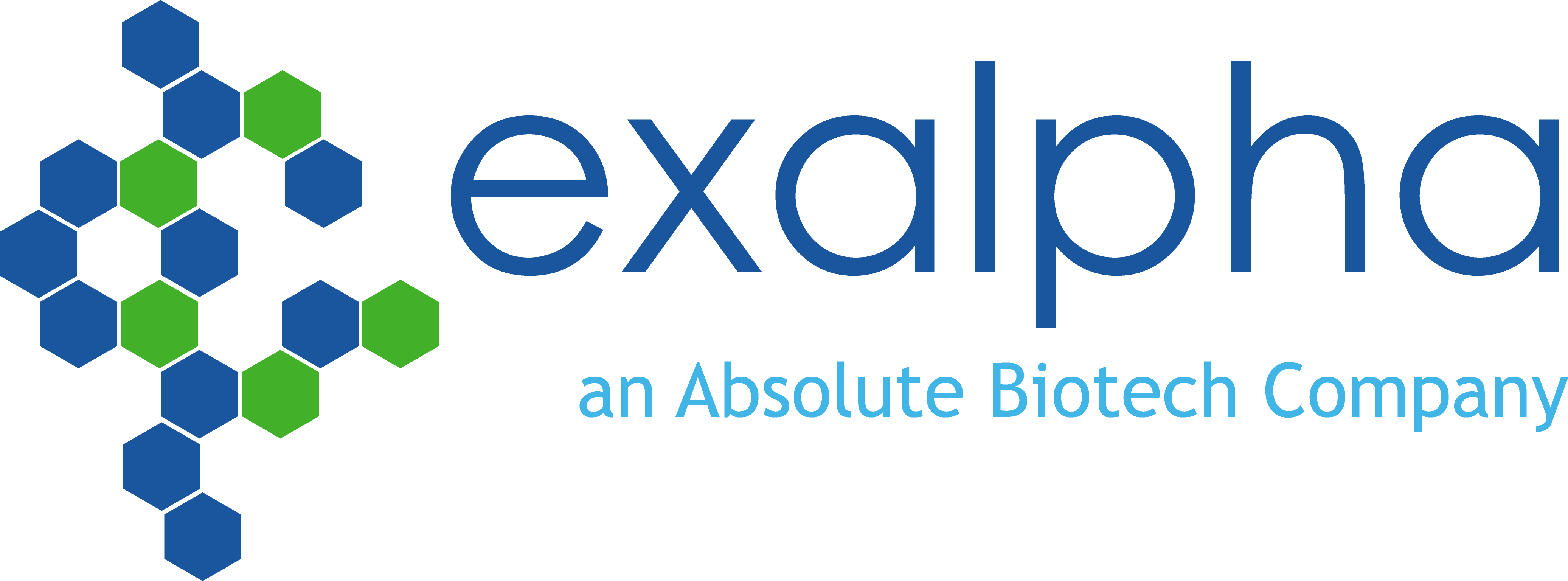Catalogue

Mouse anti Cytokeratin 20
Catalog number: MUB0343S$275.00
Add To Cart| Clone | MKs20-8 |
| Isotype | IgG2a |
| Product Type |
Primary Antibodies |
| Units | 1 ml |
| Host | Mouse |
| Species Reactivity |
Human |
| Application |
Immunocytochemistry Immunohistochemistry (frozen) Immunohistochemistry (paraffin) Immunoprecipitation Western Blotting |
Background
Cytokeratins are a subfamily of intermediate filament proteins and are characterized by a remarkable biochemical diversity, represented in Human epithelial tissues by at least 20 different polypeptides. They range in molecular weight between 40 kDa and 68 kDa and isoelectric pH between 4.9 – 7.8. The individual Human Cytokeratins are numbered 1 to 20. The various epithelia in the Human body usually express Cytokeratins which are not only characteristic of the type of epithelium, but also related to the degree of matuRation or differentiation within an epithelium. Cytokeratin subtype expression patterns are used to an increasing extent in the distinction of different types of epithelial malignancies. The Cytokeratin antibodies are not only of assistance in the differential diagnosis of tumors using immunohistochemistry on tissue sections, but are also a useful tool in cytopathology and flow cytometric assays.
Source
MKs20-8 is a Mouse monoclonal IgG2a antibody derived by fusion of mouse myeloma cells with spleen cells from a Balb/c Mouse immunized with electrophoretically purified keratin K20 from human intestinal mucosa.
Product
Each vial contains 1 ml of culture supernatant of monclonal antibody containing 0.09% sodium azide.
Formulation: Each vial contains 1 ml of culture supernatant of monclonal antibody containing 0.09% sodium azide.
Specificity
MKs20-8 may be used as a marker for certain types of carcinomas such as adenocarcinomas of the colon, transitional cell carcinomas of the bladder and Merkel cell tumors of the skin; it may also be used as a sensitive detection of intestinal and gastric foveolar epithelium, urothelial umbrella cells, Merkel cells of epidermis as well as tumors originating therefrom (e.g. primary and metastatic colorectal carcinoma).
Applications
MKs20-8 is suitable for immunoprecipitation, immunoblotting, immunocytochemistry on fixed cells, and immunohistochemistry on frozen and paraffin-embedded tissues. Optimal antibody dilution should be determined by titration.
Storage
The antibody is shipped at ambient temperature and may be stored at +4°C. For prolonged storage prepare appropriate aliquots and store at or below -20°C. Prior to use, an aliquot is thawed slowly in the dark at ambient temperature, spun down again and used to prepare working dilutions by adding sterile phosphate buffered saline (PBS, pH 7.2). Repeated thawing and freezing should be avoided. Working dilutions should be stored at +4°C, not refrozen, and preferably used the same day. If a slight precipitation occurs upon storage, this should be removed by centrifugation. It will not affect the performance or the concentration of the product.
Caution
This product is intended FOR RESEARCH USE ONLY, and FOR TESTS IN VITRO, not for use in diagnostic or therapeutic procedures involving humans or animals. It may contain hazardous ingredients. Please refer to the Safety Data Sheets (SDS) for additional information and proper handling procedures. Dispose product remainders according to local regulations.This datasheet is as accurate as reasonably achievable, but our company accepts no liability for any inaccuracies or omissions in this information.
References
1. Moll, R., Löwe, A., Laufer, J. and Franke, W.W.: Cytokeratin 20 in Human carcinomas: A new histodiagnostic marker detected by monoclonal antibodies. Am.J.Path. 140, 427-447 (1992).
2. Moll, R., Schiller, D.L. and Franke, W.W.: Identification of protein IT of the intestinal cytoskeleton as a novel type I cytokeratin with unusual properties and expression patterns. J.Cell.Biol. 111, 567-580 (1990).
3. Moll, R., Zimbelmann, R., Goldschmidt, M.D., Keith, M., Laufer, J., Kasper, M., Koch, P.J., Franke, W.W.: The human gene encoding cytokeratin 20 and its expression during fetal development and in gastrointestinal carcinomas. Differentiation 53, 75-93 (1993).
Protein Reference(s)
Database Name: UniProt
Accession Number: P35900
Safety Datasheet(s) for this product:
| EA_Sodium Azide |
